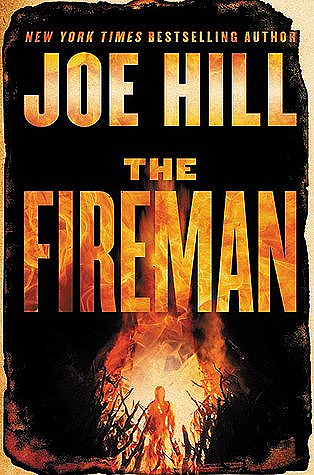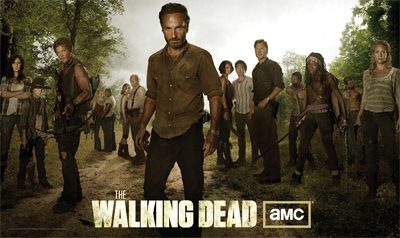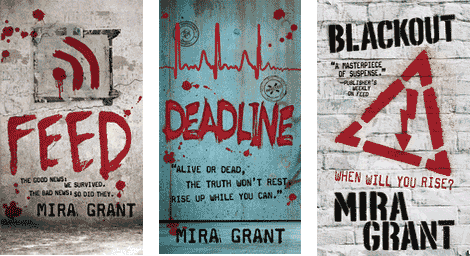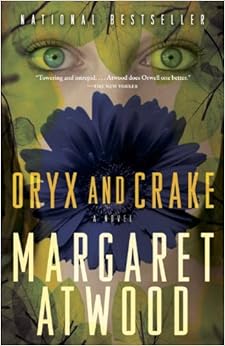Boston Bound by Elizabeth Clor
Createspace, 2016
personal purchase
 I encountered Elizabeth Clor's recently-released memoir via her Instagram page, and was immediately intrigued. Elizabeth started road racing in 2005, and has since run 20 marathons (as well as countless other races at shorter distances). She began her marathon career at the mid-pack with the rest of us average Joes, but after years of hard work and persistence, she started to realize that a Boston Marathon qualifying time was in her reach. However, the time between her first inclination towards that dream and its realization was SEVEN years. Elizabeth knew she was capable physically, but anxiety and a host of other mental barriers stood in her way. Boston Bound is the story of how she overcame them to earn her BQ (she finally ran it this year!).
I encountered Elizabeth Clor's recently-released memoir via her Instagram page, and was immediately intrigued. Elizabeth started road racing in 2005, and has since run 20 marathons (as well as countless other races at shorter distances). She began her marathon career at the mid-pack with the rest of us average Joes, but after years of hard work and persistence, she started to realize that a Boston Marathon qualifying time was in her reach. However, the time between her first inclination towards that dream and its realization was SEVEN years. Elizabeth knew she was capable physically, but anxiety and a host of other mental barriers stood in her way. Boston Bound is the story of how she overcame them to earn her BQ (she finally ran it this year!).I ended up giving this one a 3 on Goodreads. There's no doubt that Elizabeth's story is inspirational, especially for those of us that are "hobby" runners, training in between jobs and families and everyday life. Plus, as someone who deals with many of my own anxiety issues, I made note of a lot of the strategies that Clor used to realize her dream. Running is about 90% mental for me, so I relate to that struggle! That said, the reason I gave a 3 instead of a higher rating was because of the writing. Clor's formatting doesn't give her story a solid flow, and her race recaps eventually started to sound repetitive. Her takeaway advice is excellent, but the journey for readers to get there is a bit clunky. Plus, she relies heavily on past blog posts from her running blog (Racing Stripes), which ends up making the whole book feel like a long blog entry--not really the tone I was wanting from a memoir/nonfiction book.
Overall, runners will like this one, as it certainly has a lot of inspirational material! It's just not the most well-written running book that I've encountered lately.
The Fireman by Joe Hill
William Morrow, 2016
borrowed from the library
 Oh, I have so many feelings about this book. Let's start with the good thing: the creative post-apocalyptic world that Joe Hill has created. Basically, a spore called Dragonscale has infected humans, and the people infected are spontaneously combusting into flames. So there's fire and mayhem and just overall good, end-of-the-world chaos. This premise alone was reason enough for me to pick up the book, and Hill certainly delivers as far as interesting sci-fi-ish plots go. I absolutely expected to love this novel.
Oh, I have so many feelings about this book. Let's start with the good thing: the creative post-apocalyptic world that Joe Hill has created. Basically, a spore called Dragonscale has infected humans, and the people infected are spontaneously combusting into flames. So there's fire and mayhem and just overall good, end-of-the-world chaos. This premise alone was reason enough for me to pick up the book, and Hill certainly delivers as far as interesting sci-fi-ish plots go. I absolutely expected to love this novel.BUT (and you knew there was a but). I had two serious issues with the The Fireman. First was Harper, the protagonist. I felt like Hill was trying to make her too many things at once. She's cutesy and naive and loves Mary Poppins, but then she's swearing like a sailor and unfazed by carnage and violence at the same time. I wanted to be like, PICK A SIDE, DUDE. I am all for complicated characters, but in 747 pages I never felt like Harper came together. Second issue was that this book is trying way, way too hard to draw off Stephen King's The Stand. Which is awfully interesting, considering that Joe Hill is King's son but has (in the past) gone to great lengths to hide it. But in The Fireman, we have a deaf character named Nick, a main character who is pregnant and has the middle name Frances (goes by Frannie...), and all sorts of little Easter eggs referencing other aspects of King's work. I'm surprised SK didn't read this and be all, "Get your own apocalypse epic, sonny-boy." This, paired with the fact that Hill constantly references Harry Potter (seriously, so many JK Rowling references, let's give it a rest), the Rolling Stones, and other aspects of popular culture, makes this book feel like it is not at all his own creation.
A longer review than I intended, but I 3-starred this one. It had promise, and despite the length of the book it moves along at a brisk clip. However, in the end I was disappointed with how Hill put the pieces together.
What are you reading these days, reader friends? I will add your suggestions to my list for after the semester ends! :)













.jpeg)





